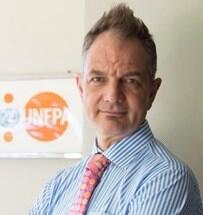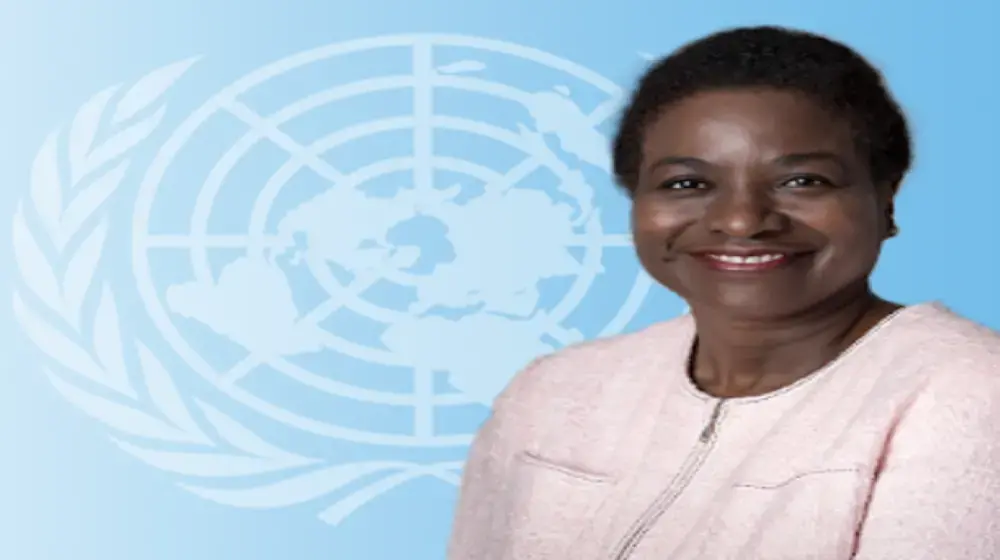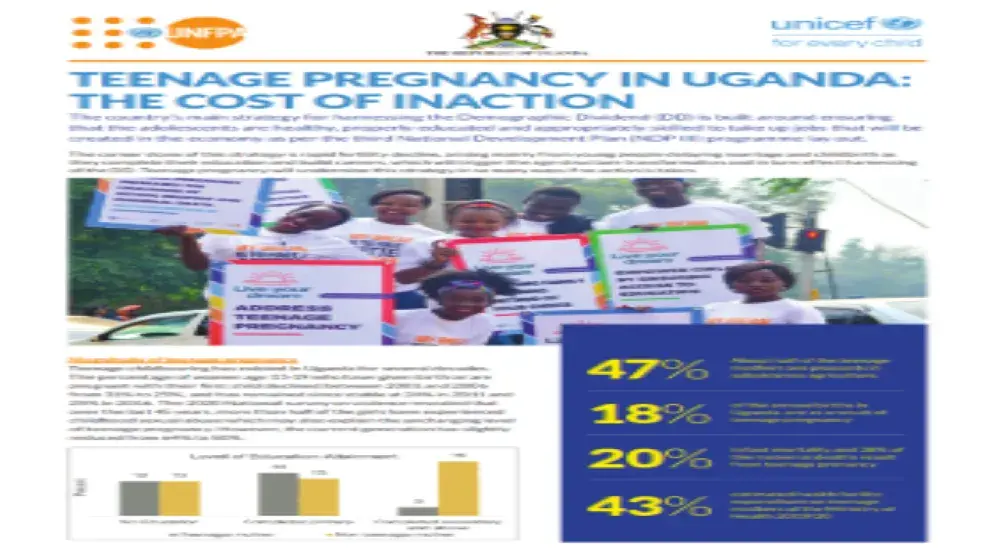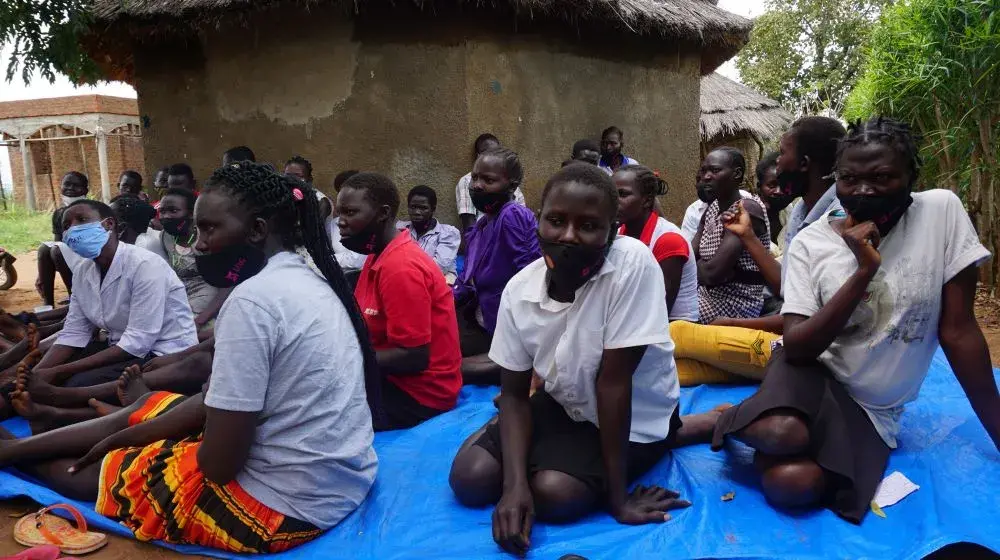I write to pay tribute to Nada Abdul Maksoud, a 14-year-old girl in the Upper Egyptian governorate of Asyut who suffered complications and consequently died after under-going female genital mutilation (FGM).
Every year, on the 6th of February, the world commemorates the International Day of Zero Tolerance for Female Genital Mutilation. This year, as we pay tribute to all the women and girls who have suffered complications due to FGM, we also seek to draw attention to the role of the youth in the fight to end this violation of human rights.
Female genital mutilation (FGM), a procedure that involves altering or injuring the female genitalia for non-medical reasons has far reaching consequences on women and girls’ health including chronic pain, infections, increased risk of HIV transmission, anxiety and depression, birth complications, infertility and, in the worst cases, death.
In Uganda, among the Sebei, Tepeth and Pokot communities where it is practiced, women and girls have testified that FGM compromises their integrity, their ability to flourish and reach their full potential, and their eventual well-being. FGM is linked to child marriage, since under-going the knife is regarded as an initiation into womanhood. Both child marriage and FGM are human rights violations.
In 2020 alone, 4.1 million girls around the world are at risk of undergoing FGM. Projections in countries experiencing a high population growth rate indicate that the number of girls who undergo FGM will continue to grow if the practice continues at the current levels. Because of population growth, an estimated 68 million girls are at risk of being mutilated by 2030, if efforts to end the practice are not intensified.
Statistics from the Uganda Demographics and Health Survey (UDHS, 2016) indicate that prevalence of FGM has come down from 1.4 percent in 2011 to 0.3 percent. In another Uganda Bureau of Statistics (UBOS) study conducted in 2017, it is indicated that over 95 percent of the population in the districts where FGM is practiced do not support the practice.
Yet, in early 2019, these positive indicators and progress made towards abolishing this violent practice, were marred by an upsurge, especially in the districts of Kapchorwa, Kween and Bukwo in Eastern Uganda. This trend had not been witnessed for over 10 years, owing to the massive community awareness on social norms change and the enactment of the FGM abolition law in 2010. That is why we need to intensify our efforts to completely eliminate FGM.
Since 2009, working with the Government of Uganda and community-based organizations under the UN Joint Programme to eliminate FGM, we have registered over 200 communities that have abandoned the practice. The UN has supported efforts to create awareness on the National Laws and Policies that protect women and girls from such harmful practices. This is in addition to support provided towards community policing, as well as across border surveillance.
In 2015, the Sustainable Development Goals (SDGs) recognized the close connection between FGM, gender inequality, and development – and reignited global action to end FGM by 2030.
We know that attitudes towards such a deeply rooted cultural ritual take generations to change. That is why we need to tap into the energies and resilience of the youth to accelerate actions for zero female genital mutilation by 2030.
In developing countries like Uganda, where young people form the biggest percentage of the population, their potential to drive social change for development is well recognized. Young people below the age of 25 represent 70 percent of Uganda’s population. The youth are at a critical stage in their lives, whereby their decisions, actions and contributions will directly impact their families, communities and the nation at large. Unleashing the power of youth means investing in youth-led movements to champion gender equality, an end to violence against women and girls, and the elimination of harmful practices.
At the recently concluded ICPD25 Summit in Nairobi in November 2019, the Government of Uganda made a commitment to stand firm on eliminating obstacles that stand in the way of girls’ empowerment including teenage pregnancy, child marriage, female genital mutilation, and other forms of gender-based violence.
Let us make this a generation that abolishes FGM once and for all – and in doing so, create a healthier, better world for all.
Mr. Alain Sibenaler is the UNFPA Representative in Uganda





